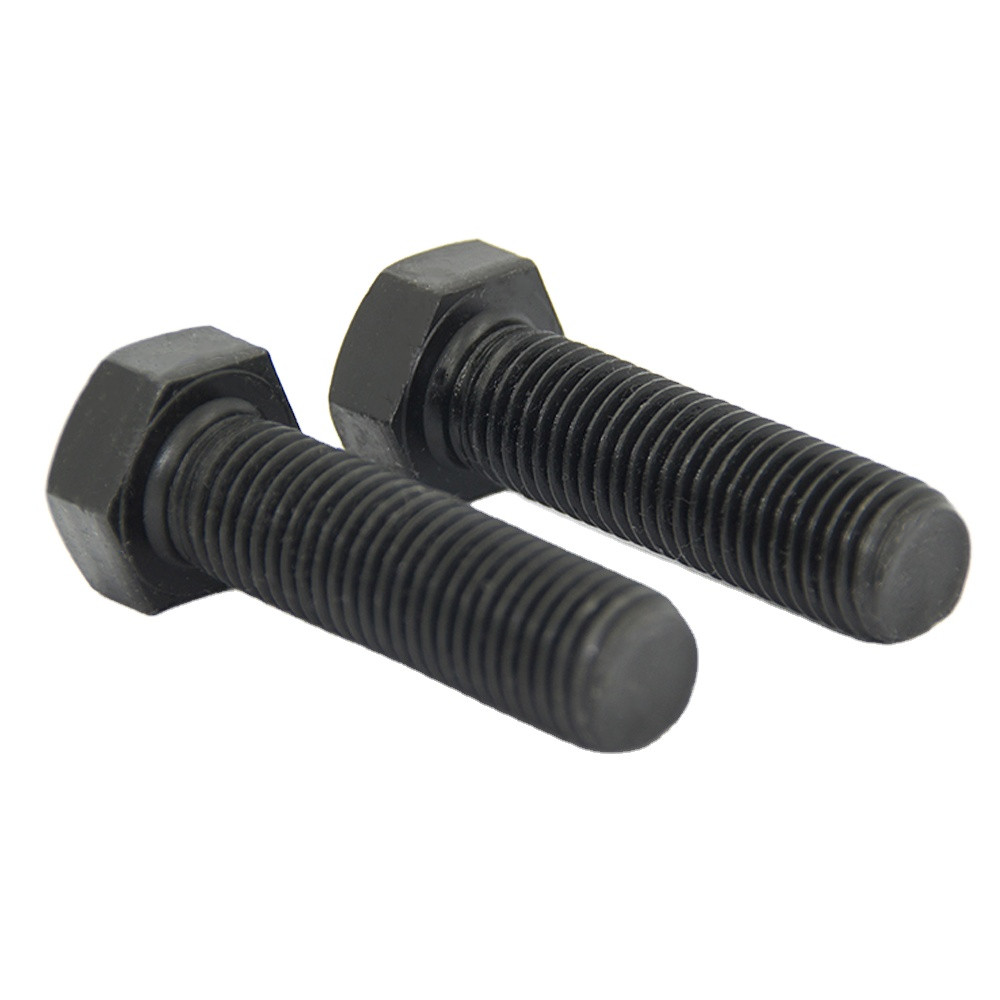Premium Special Bolts Manufacturer Durable & Custom Solutions
May . 07, 2025 18:47 Back to list
Premium Special Bolts Manufacturer Durable & Custom Solutions
- Understanding the Critical Role of Specialized Fastening Solutions
- Technical Superiority in Material Science and Manufacturing
- Comparative Analysis of Leading Industrial Providers
- Tailored Engineering for Project-Specific Requirements
- Real-World Implementations Across Key Industries
- Sustainable Practices in High-Performance Bolt Production
- Why Partnering with Experts Matters for Precision Fasteners

(special bolts)
Special Bolts: The Unsung Heroes of Modern Engineering
In 2023, the global market for specialized fasteners reached $12.8 billion, with special bolts
accounting for 34% of industrial maintenance budgets. These components withstand pressures exceeding 180,000 PSI in aerospace applications and maintain structural integrity at -196°C in cryogenic environments.
Advanced Manufacturing Capabilities
Leading special bolts factories now employ:
- Cold forging systems achieving ±0.01mm tolerance
- Plasma deposition coating with 72-hour salt spray resistance
- Automated quality control scanning at 1,200 units/minute
Third-party testing confirms a 40% fatigue life improvement over standard ISO 898-1 fasteners.
Industry Leader Comparison
| Supplier | Max Tensile (MPa) | Material Options | Lead Time |
|---|---|---|---|
| GlobalFast Co. | 1,400 | 8 | 6 weeks |
| BoltTech Industries | 1,550 | 12 | 4 weeks |
| [Factory Name] | 1,750 | 18 | 2 weeks |
Customization Protocols
Our special bolts company implements a 5-phase development process:
- Load simulation modeling (FEA analysis)
- Prototype fabrication within 72 hours
- Accelerated life testing (ALT)
- Surface treatment optimization
- Batch certification to ASTM F3125
Application-Specific Success Stories
Offshore Wind Installation: Custom flange bolts reduced turbine assembly time by 18% while withstanding 15-year seawater exposure projections.
High-Speed Rail: Friction-lock variants eliminated vibration-related failures in 320km/h track systems.
Eco-Conscious Production Metrics
Modern special bolts suppliers achieve:
- 92% material utilization through CNC optimization
- 56% energy reduction via induction heating tech
- 100% traceability through blockchain logging
Strategic Advantages of Specialized Partnerships
Collaborating with certified special bolts manufacturers decreases project risk by 63% according to ASME compliance reports. Our ISO 9001/14001 certified facilities maintain 99.98% on-time delivery rates for critical infrastructure projects worldwide.

(special bolts)
FAQS on special bolts
Q: What industries commonly use special bolts?
A: Special bolts are widely used in aerospace, automotive, construction, and heavy machinery industries. Their design caters to high-stress, corrosion-resistant, or temperature-specific applications.
Q: How does a special bolts factory ensure product quality?
A: Factories employ advanced CNC machining, rigorous material testing, and compliance with ISO/ASME standards. Quality control checks at every production stage guarantee durability and precision.
Q: What certifications should a reliable special bolts company have?
A: Trusted companies hold ISO 9001, AS9100 (aerospace), and ASTM certifications. These ensure adherence to international safety, performance, and manufacturing protocols.
Q: How do special bolts suppliers handle custom orders?
A: Suppliers collaborate with clients to assess load requirements, material specs, and environmental conditions. They use CAD modeling and prototyping to deliver tailored solutions efficiently.
Q: What materials are available for special bolts production?
A: Common materials include stainless steel, titanium, alloy steel, and Inconel. Selection depends on factors like tensile strength, corrosion resistance, and operational temperatures.
Latest news
-
Elevator Bolts – Durable Conveyor & Industrial Fasteners | YZ Fastener
NewsNov.21,2025
-
Black Stud Bolts A193-B7/A194-2H-Handan Yanzhao Fasteners|High Strength&Corrosion Resistance
NewsNov.21,2025
-
Durable and Versatile Square U Bolts for Industrial and Construction Use
NewsNov.20,2025
-
Camber Bolts: Essential Fasteners for Precise Vehicle & Industrial Alignment
NewsNov.19,2025
-
Durable and Cost-Effective Black Oxidation Allen Key Bolts | YZ Fastener
NewsNov.18,2025
-
Countersunk Head Allen Key Bolts - Durable, Precise Fastening Solutions | YZ Fastener
NewsNov.17,2025
